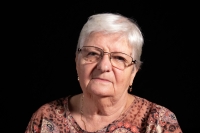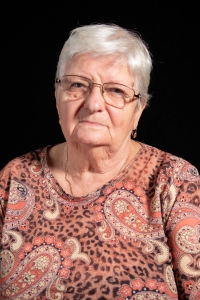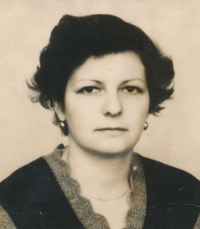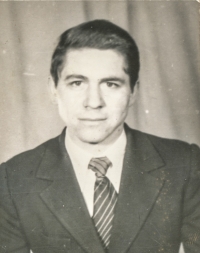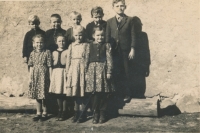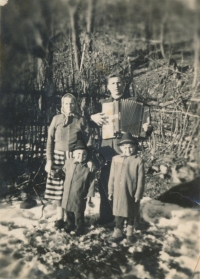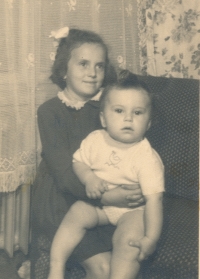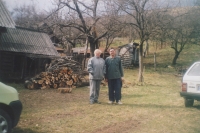She helped at least thirty women give birth in her home village.
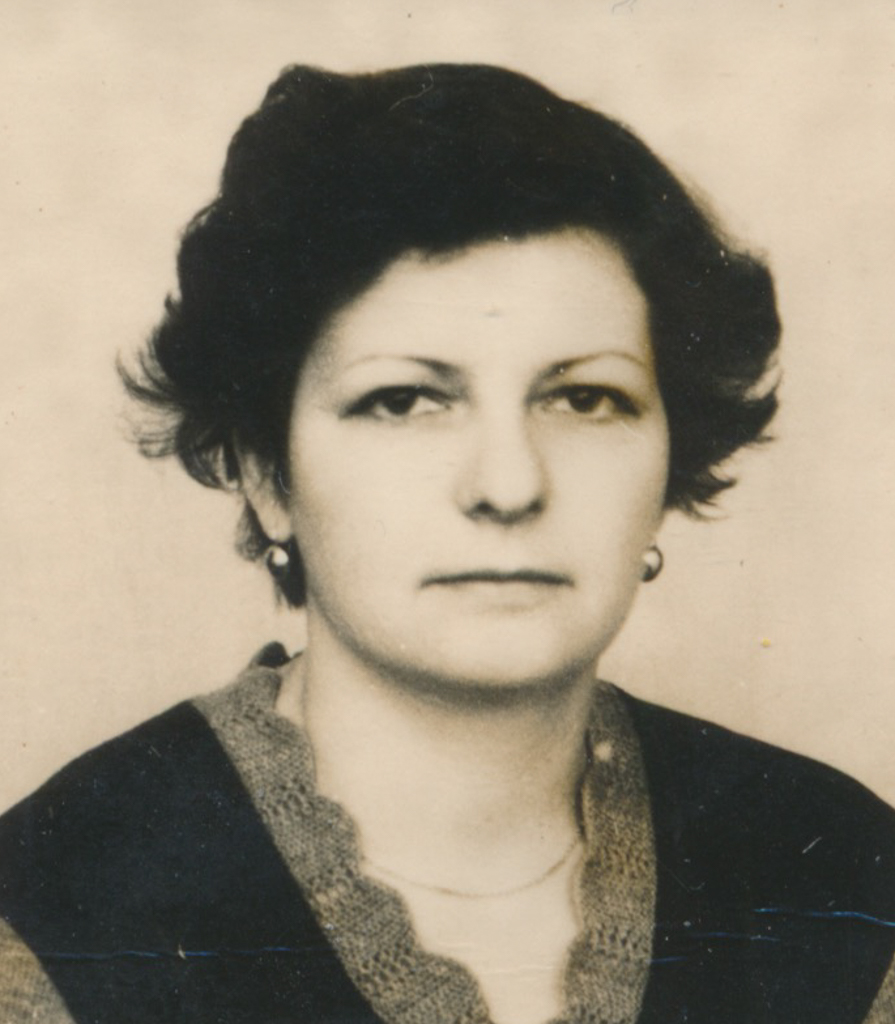
Download image
Irma Nedvědová, née Havlíčková, was born on 20 February 1948 in Eibenthal in Romanian Banat, as the last offspring of Marie and Štefan Havlíček. She attended school at her village of birth and after completing it she went to study at a medical school in Arad, where she became a midwife. Even during her studies she assisted with births in Eibenthal, where she functioned as a midwife for three years after completing her studies. She helped at least thirty women give birth in a home setting. At the age of 21 she and her husband moved to Orșova, where she worked at the local hospital for the next 35 years. Her husband, Ernest Nedvěd, was from a family that the Romanian Communist Party deported from Eibenthal to Bărăgan in June of 1951. In 2006 she and her husband returned to the place of their birth for good, where the witness lives to this day (September 2022).
